6th Grade
Diferencias entre pasado continuo y pasado simple en inglés
Past continuous Affirmative form / Forma afirmativa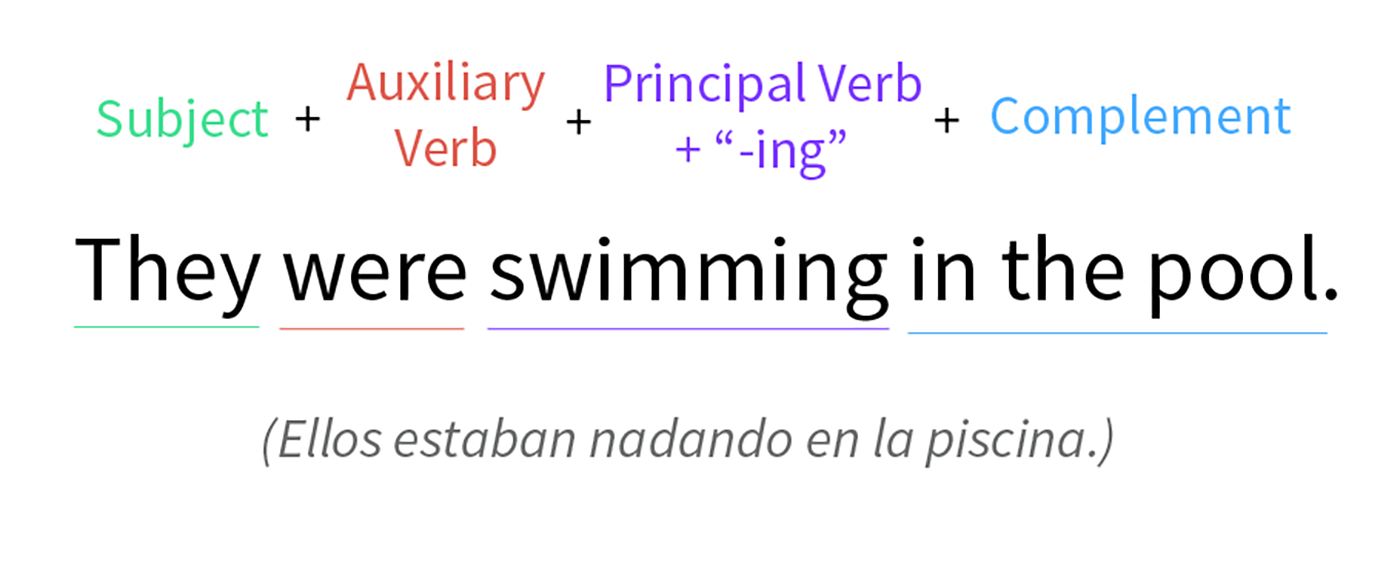 Negative form / Forma negativa:
Negative form / Forma negativa: 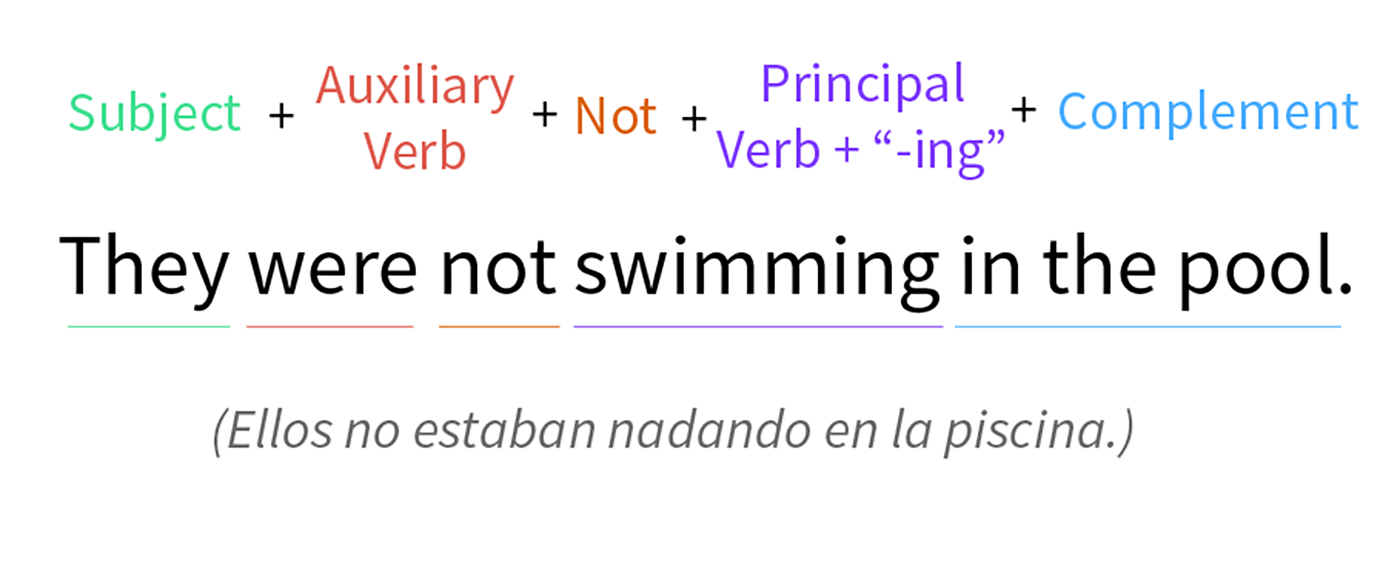 Interrogative form / Forma interrogativa :
Interrogative form / Forma interrogativa : 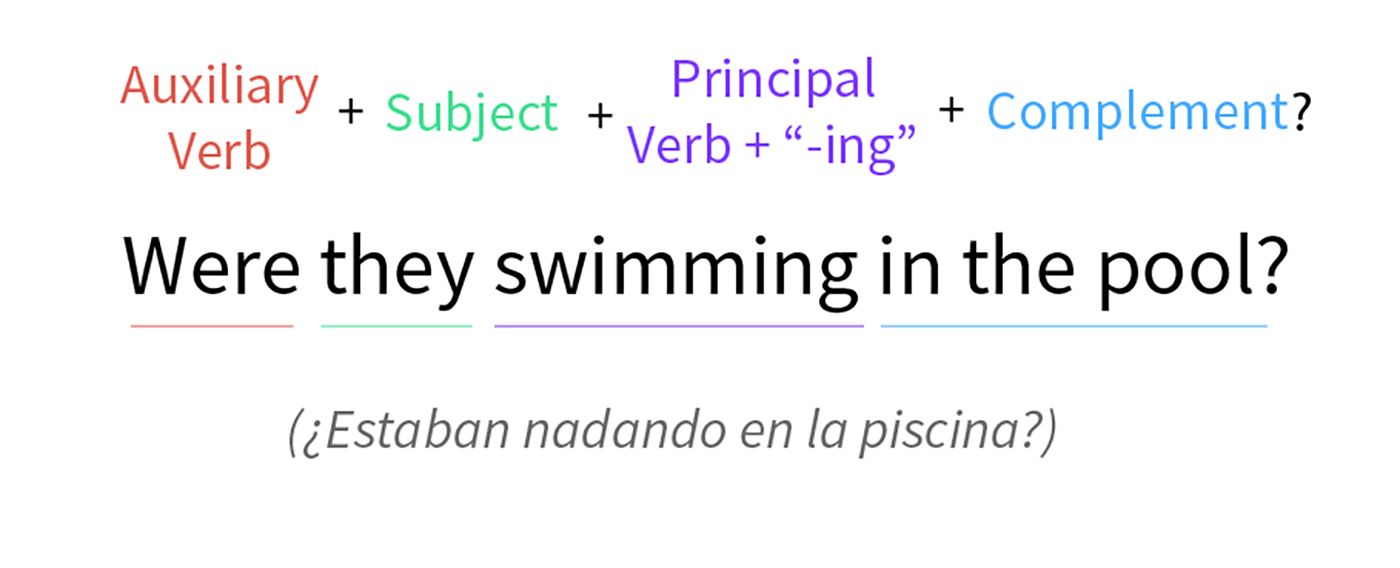
El pasado continuo expresa una acción pasada que tuvo una duración determinada sin indicar si la misma está terminada o no. En resumen, se trata de una acción que se estaba desarrollando en un momento determinado del pasado pero no indica si ya ha finalizado o continúa. Es muy habitual utilizar este tiempo verbal para referirse a acciones simultáneas que ocurrieron en el pasado.
Click on the picture :
https://www.english-grammar.at/online_exercises/tenses/t086-past-tense.htm
Cuando la acción que se interrumpe está en pasado continuo mientras que la acción que causa la interrupción está en pasado simple. El uso correcto sería emplear el pasado simple directamente después de when y el pasado continuo luego de while.
Past Continuous - Describing past events ( activity)
An easy activity to practise The Past Continuous tense while reading a news story that describes past events.
An easy activity to practise The Past Continuous tense while reading a news story that describes past events.
Past Simple or Past Continuous
1. students put the verbs in brackets into past simple or past continuous tense 2. students write what Disney characters were doing yesterday afternoon second exercise cannot be seen on the preview but when I open the exercise it is there.
1. students put the verbs in brackets into past simple or past continuous tense 2. students write what Disney characters were doing yesterday afternoon second exercise cannot be seen on the preview but when I open the exercise it is there.
Unlucky Moments
This exercises contrasts de use of the past continuous and the simple past forms of some verbs in the context of "unlucky moments".
This exercises contrasts de use of the past continuous and the simple past forms of some verbs in the context of "unlucky moments".

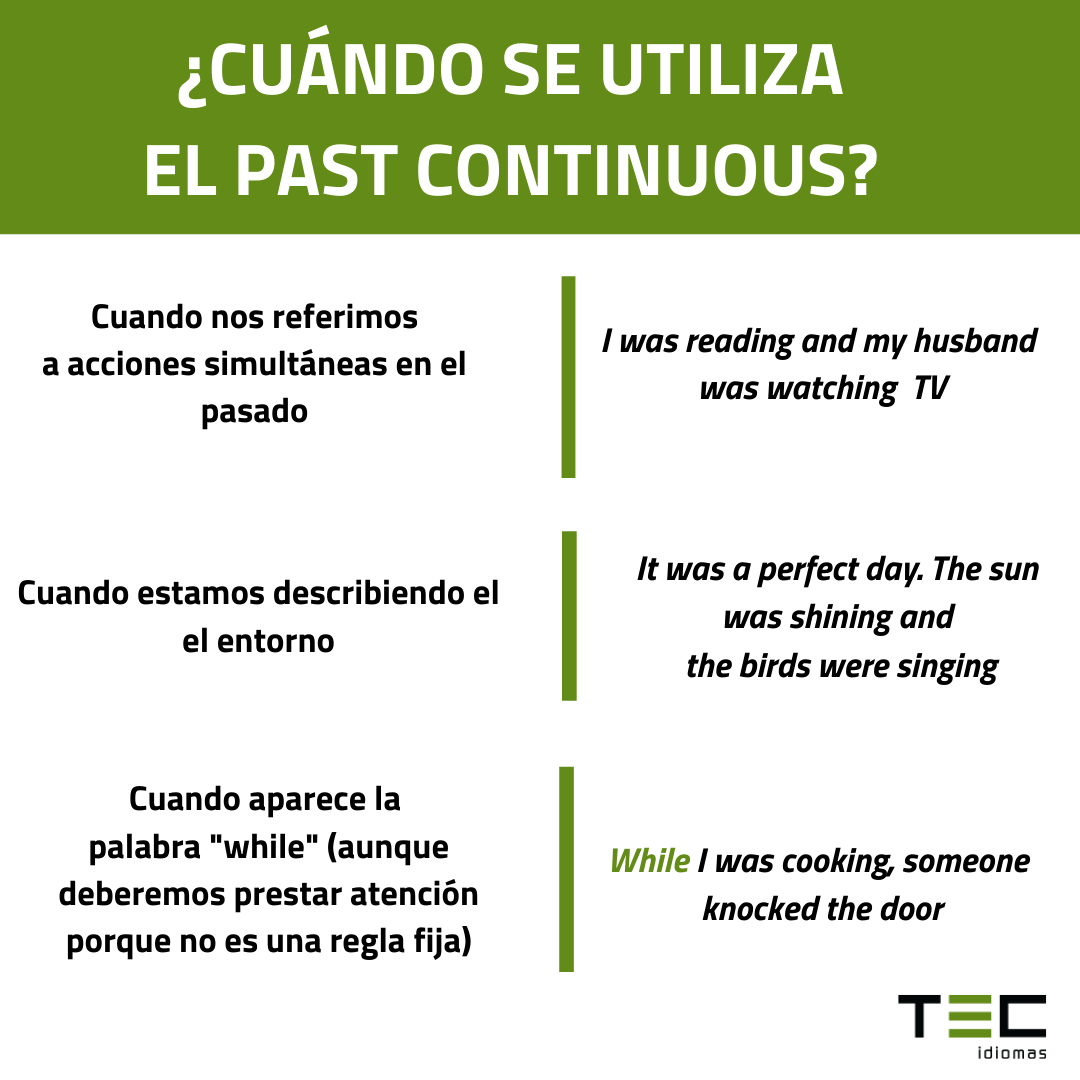



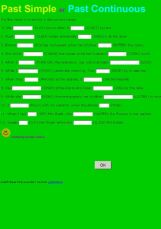


No comments:
Post a Comment